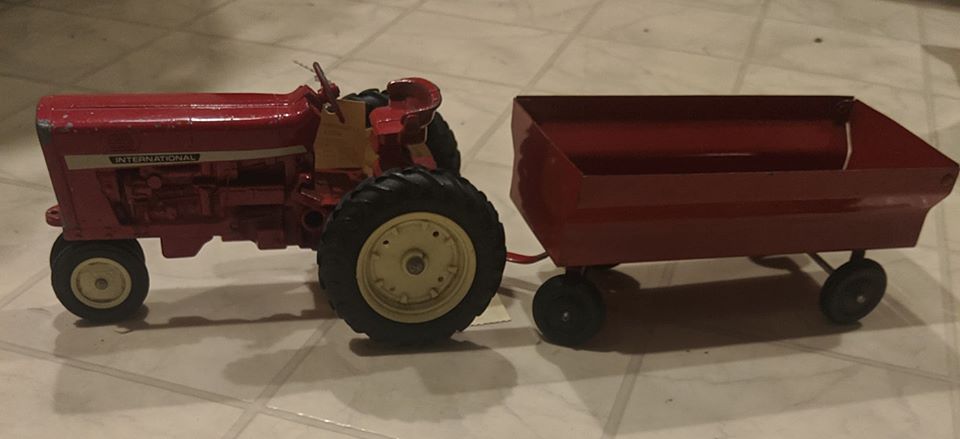
Many genealogists have ancestors who farmed. Some of us have only ancestors who were farmers. One of the difficulty in researching farming ancestors is learning more about their details of their life and their farm. For those in the United States, these are some ways to discover more about your agricultural ancestors:
- Fully look at all information provided on any US census record. Census records 1850 and after do sometimes provide information about the value of the real property owned (1850 and 1860). Do not neglect any census column and read the instructions for that question if you do not understand it. Census questions and enumerator instructions are on the Census.gov site.
- Determine if any agricultural censuses were taking during your ancestors lifetime. There were several US agricultural censuses taking in the last half of the 19th century in particular.
- Find estate inventories and complete probate records for your farming ancestors. These will provide a listing of what property was owned at your ancestors death–including chattel items–that may provide more insight into your relative’s life. Probate records are usually local court records.
- Research land records for your ancestor. They will provide an idea of the value of the property, the location of it, boundaries and neighbors (in some cases), and infrequently may list improvements on the property. These are local records usually in the county recorder’s office–occasionally they are town records in some locations.
- Property tax records may provide some additional insight. These are typically county records in the United States although in some locations they are town-level records.








No responses yet